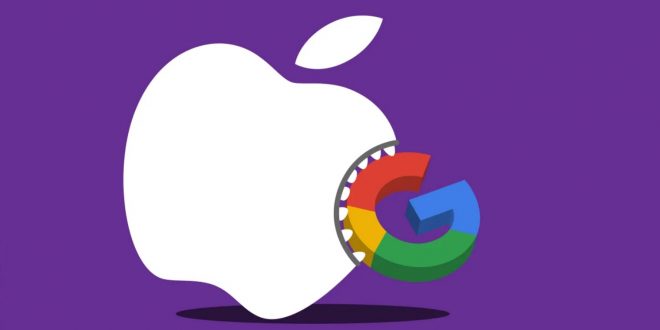According to Bloomberg, Apple is seeking a partnership with Google to use the Gemini AI model to enhance functionality on the iPhone. This strategic move will put Google in a dominant position, given its existing agreement with Apple to serve as the primary search engine provider for the Safari browser on iPhones.
According to sources quoted by the journal, Apple is considering the possibility of licensing Google’s artificial intelligence (AI) technology in order to include AI-driven functionalities in future iOS releases. Furthermore, Bloomberg reported that the corporation engaged in negotiations with OpenAI about the prospective use of GPT models.
Apple is under increasing pressure to keep pace with its rivals in the area of artificial intelligence, including OpenAI, Microsoft, Anthropic, and even Google. Apple CEO Tim Cook said in February that the business would unveil Gen-AI functionalities “later this year.”
Apple’s job advertisements from the previous year indicate that the corporation is developing several internal and external technologies that use generative AI. Nevertheless, the utilization of third-party AI technology has hindered Apple’s advancement in its own AI endeavors.
The next iOS 18 software upgrade, anticipated to be unveiled at the Worldwide Developer Conference (WDC), traditionally held in June, may have some on-device functionalities that are perhaps powered by Apple’s proprietary models. Nevertheless, the firm is also investigating the possibility of collaborating with an external source to use generative AI for purposes such as generating images and assisting users with writing.
Gemini has encountered a series of challenges within the context of Google. In the previous month, the corporation was compelled to temporarily suspend its image-generation functionality due to the model’s production of photos, including historical mistakes. Subsequently, Sundar Pichai, the CEO of Google, expressed disagreement with Gemini’s comments, deeming them to be entirely inappropriate. Google recently announced its decision to restrict election-related inquiries on Gemini worldwide. However, according to users, they were able to circumvent these limitations by intentionally including typographical errors in some requests.
Notwithstanding these limitations, Google has a competitive edge in the introduction of smartphone-centric functionalities. In the preceding year, the corporation established a collaboration with Samsung to implement Gemini-driven artificial intelligence functionalities on the Galaxy S24 range of handsets. Additionally, the search giant has included similar functionalities on its own Pixel range of smartphones.
We have contacted Apple and Google to get their comments, and we will provide an update on the article whenever we receive a response from them.
 Tech Gadget Central Latest Tech News and Reviews
Tech Gadget Central Latest Tech News and Reviews




